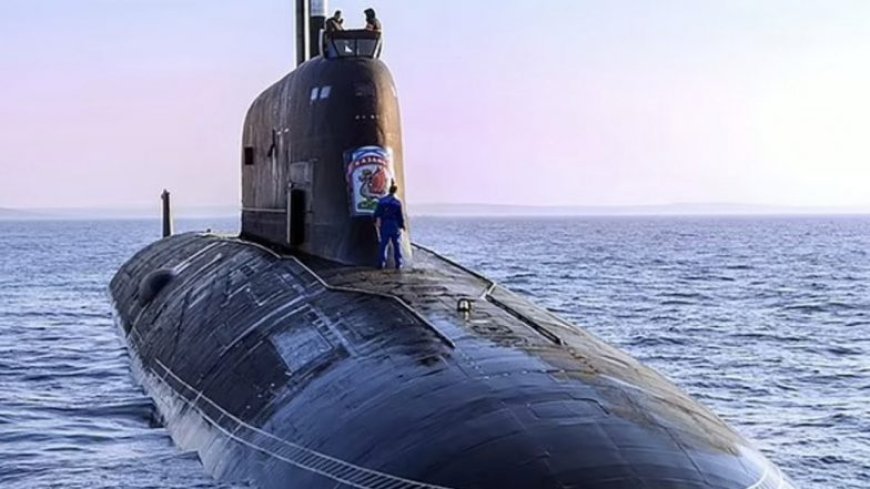Russian Warships Arrive in Cuban Waters Ahead of Caribbean Military Exercises

On Wednesday, a fleet of Russian warships made a significant arrival in Cuban waters, signaling the start of planned military exercises in the Caribbean. This deployment comes amidst escalating tensions surrounding Western support for Ukraine, viewed by some as a strategic move by Russia to assert its influence in the region.Three Russian ships, including a flagship frigate adorned with both Russian and Cuban flags, were ceremoniously greeted with 21 cannon salutes as they entered the mouth of Havana Bay. Accompanying them was a nuclear-powered submarine, highlighting the scale and capability of Russia's naval presence.
The United States military has acknowledged the presence of these vessels and anticipates their participation in exercises that may also involve stops in Venezuela, longstanding allies of Russia and Cuba. While the deployment includes a nuclear-powered submarine, U.S. officials have clarified that there is no indication of nuclear weapons aboard any of the vessels.
Benjamin Gedan, director of the Latin America Program at the Wilson Center, emphasized the symbolic nature of Russia's naval presence, describing it as a reminder to the United States against interference in what Russia considers its sphere of influence. This mission follows recent geopolitical tensions sparked by President Joe Biden's authorization for Ukraine to use U.S.-supplied weapons defensively against Russia.
The Russian military's engagements in Cuba date back to notable visits in 2008 and 2015, underscoring the historical ties between Moscow and Havana. A State Department spokesperson characterized these visits as routine, though noting increased activity in response to heightened geopolitical tensions.
Russian Foreign Minister Sergey Lavrov recently met with his Cuban counterpart in Moscow, where he expressed gratitude for Cuba's stance on the Ukraine conflict, aligning with Russia's narrative on Western involvement.
Ryan Berg, director of the Americas Program at the Center for Strategic and International Studies, views Russia's naval presence as a provocative gesture aimed at demonstrating its ability to project power into the Western Hemisphere, thereby challenging U.S. influence.
The timing of these exercises also raises questions about potential implications for Venezuela's upcoming elections. Analysts speculate that President Nicolas Maduro's government could exploit the situation to justify delaying or manipulating the electoral process, citing the presence of Russian warships as a factor that could escalate tensions in the region.
The ongoing territorial dispute between Venezuela and Guyana adds another layer of complexity, with the United States supporting Guyana's sovereignty claims. This geopolitical backdrop underscores the broader implications of Russia's naval maneuvers beyond mere military exercises, impacting regional stability and international relations.
As the Russian fleet remains stationed in the Caribbean for the foreseeable future, it serves as a stark reminder of geopolitical dynamics and power projections in the Western Hemisphere, with implications extending well beyond military exercises and into the realm of global diplomacy and security.













































